Disastrous premiere of The Seagull saw Russian writer Anton Chekhov flee the theatre amid booing
A NEW film adaptation of Anton Chekhov’s 1896 play, The Seagull, opens across Australian theatre screens today.
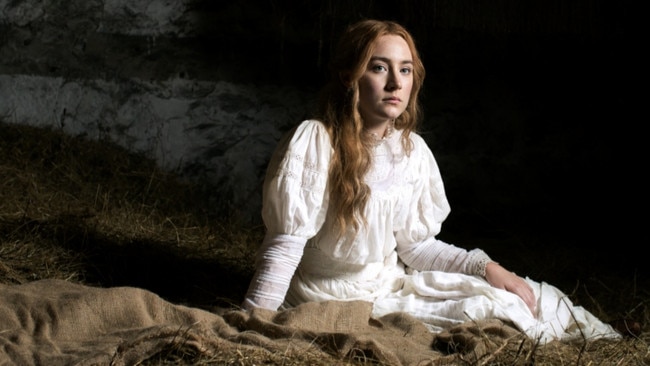
Today in History
Don't miss out on the headlines from Today in History. Followed categories will be added to My News.
THE great Leo Tolstoy once called fellow writer Anton Pavlovich Chekhov “an incomparable artist, an artist of life”.
But Chekhov, fleeing the Alexandrinsky Theatre in St Petersburg on the night of October 17, 1896, certainly didn’t feel like someone who was “understood and accepted not only by every Russian, but by all humanity”.
The cause of Chekhov’s flight was the booing and jeering which had greeted the premiere of his play, The Seagull.
“The theatre breathed malice, the air was compressed with hatred,” Chekhov would write.
Chekhov reacted to the hideous experience by hiding backstage for the last two acts of The Seagull before rushing into the St Petersburg night to wander the streets and contemplate the disaster of his rejection.
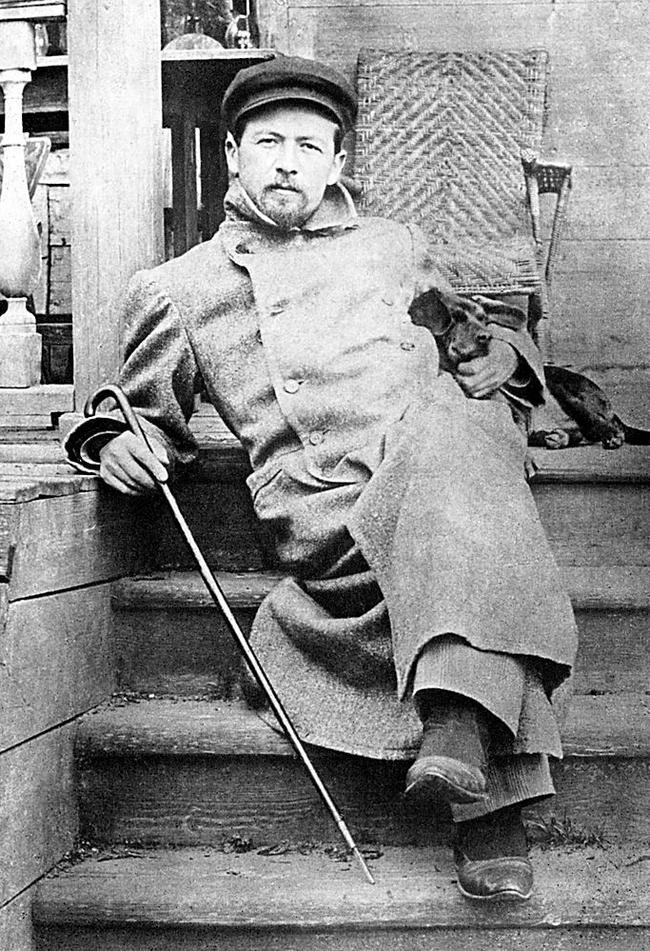
In The Seagull, ageing actor Irina Arkadina visits her brother Sorin and her son Konstantin on a beautiful rural estate.
Nina, an innocent young girl from a neighbouring farm, is in a relationship with Konstantin. But when Arkadina brings her lover Boris Trigorin to the country one day, Nina falls in love with the well-known and much older writer.
Given the play’s interesting plot and characters, literary scholars have tried to nail down exactly why the premiere flopped so spectacularly.
A large part of the trouble seems to have been that the play was performed as a benefit for a well-known comic actor, and the audience was therefore expecting a particular style of show. Chekhov himself labelled The Seagull a comedy. But the work is not a comedy in the usually accepted sense. It is a story about a particular group of people and the consequences of their interactions with one another.
Chekhov has left us his own thoughts on the failure of the opening night performance which he described as “vague, dingy, dreary, and wooden”.
“I had no hand in assigning the parts, I wasn’t given any new scenery, there were only two rehearsals, the actors didn’t know their parts — and the result was general panic, utter depression of spirit,” he wrote.
Chekhov, who had already earned fame in the short-story genre, declared he would never write another play.
As it happened, The Seagull was rapturously received later in its St Petersburg run, and it was staged to great acclaim in Moscow two years later. Despite his earlier declaration, Chekhov did go on to write other plays which are now considered classics.
The Seagull has just undergone a new movie adaptation to be screened from Thursday in Australia.
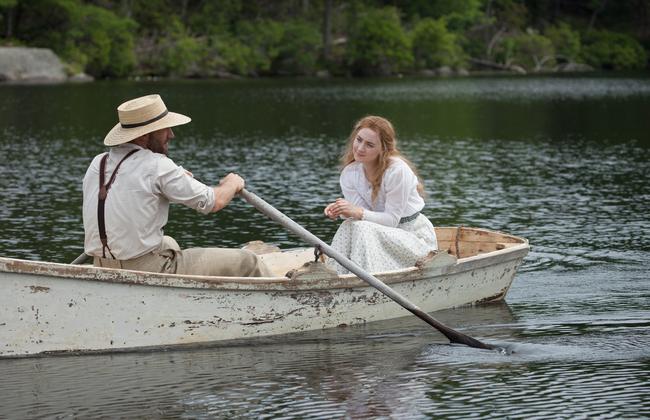
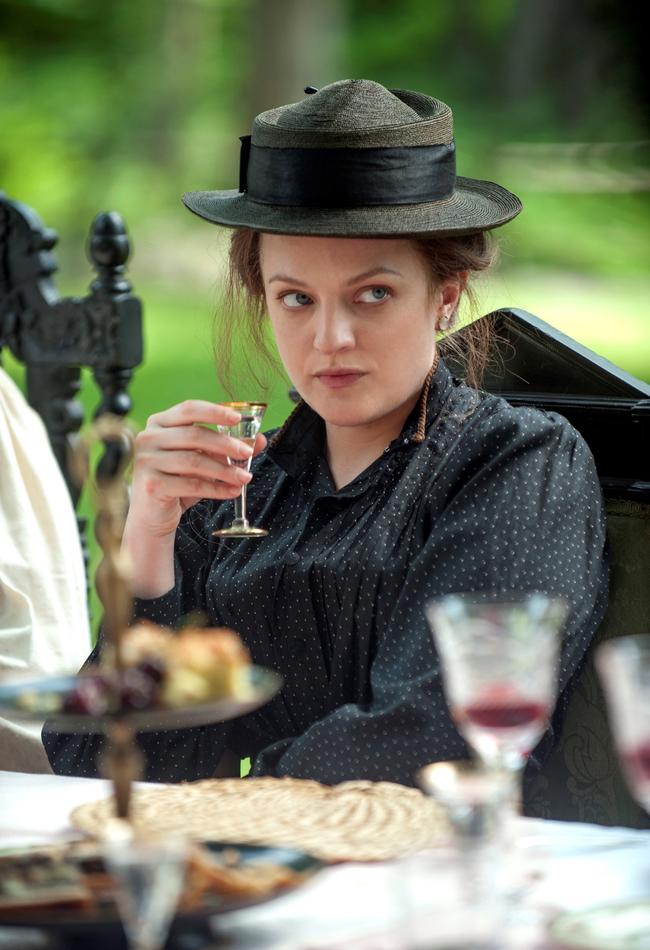
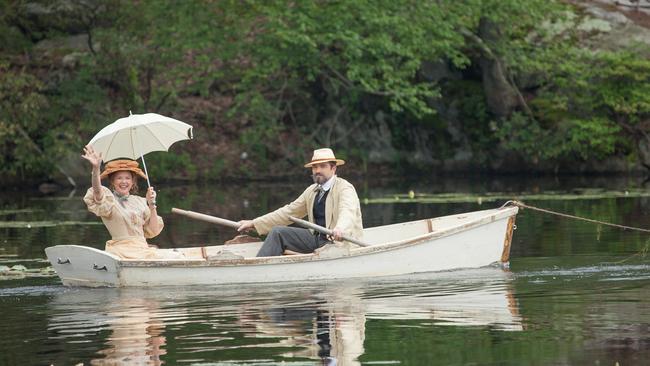
Called The Seagull, the film is directed by Michael Mayer and stars Annette Bening as Irina Arkadina, Saoirse Ronan as Nina Zarechnaya, Corey Stoll as Boris Trigorin, Brian Dennehy as Sorin and Billy Howle as Konstantin Treplyov. The Seagull accounts for only a fraction of Chekhov’s literary output. His other famous plays include Uncle Vanya, and The Cherry Orchard. His short stories prompted Russian author Maxim Gorky to write: “In each of his humorous stories I hear the quiet, deep sigh of a pure and human heart, the hopeless sigh of sympathy for men who do not know how to respect human dignity”.
Chekhov always wrote with understanding for the underdog. In his 1897 novella, Peasants, he blamed the authorities for the peasants’ illiteracy and he was consequently threatened with arrest and denounced by the official censors.
The writer himself had not enjoyed an auspicious start. “There was no childhood in my childhood,” he wrote.
Chekhov was born in Taganrog, Russia, in 1860. His father Pavel was an impoverished grocer, but his mother Yevgenia was a kind person who shared her love of storytelling with her six children.
Pavel’s grocery business failed in 1875, prompting the family’s move to Moscow to seek other work. But the young Chekhov stayed behind to finish school. In 1879 he enrolled in medicine in Moscow and rejoined his family.
Chekhov supported his entire family by writing comic stories for various publications. He began writing serious literature in the mid 1880s and in 1888 he won the Pushkin Prize for his story, The Steppe.
Chekhov practised as a medical doctor virtually all his life, often treating peasants for nothing.
“Medicine is my lawful wife and literature is my mistress,” he wrote.
In 1901 Chekhov married actor Olga Knipper. But on July 15, 1904, aged just 44, Chekhov died from the tuberculosis that had plagued him since childhood. He was living in the German health resort of Badenweiler when he died.
There was a huge funeral for the writer in Moscow. His friend Gorky, distraught, wrote that “in the presence of Anton Pavlovich, everyone felt an unconscious desire to be simpler, more truthful, more himself”.



